
Making a Nutrition Plan for a Performance Horse
A nutritionist explains how meeting your sport horse’s dietary needs can help keep him healthy and performing his best.

A nutritionist explains how meeting your sport horse’s dietary needs can help keep him healthy and performing his best.

Taking these steps might help protect your mare and her foal.
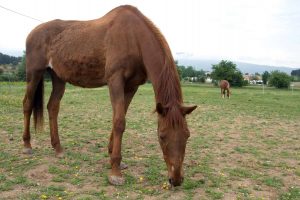
Chronic diarrhea can be very frustrating for horse owners and veterinarians to treat. An equine nutritionist offers advice for handling these challenging cases.
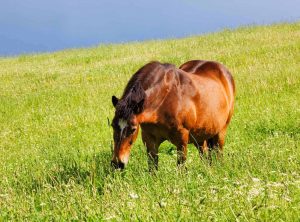
Here’s how to implement feed and exercise changes for horses that are overweight or obese.
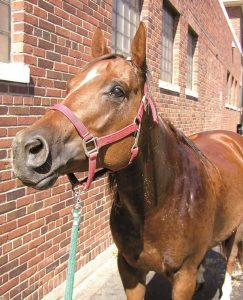
Tying-up is a painful muscle condition in horses. An equine nutritionist offers advice on how to balance your horse’s diet to decrease the likelihood of an episode.

Fat can be a smart addition to the performance horse’s diet if you choose the right source and add it to the diet slowly.

Understanding the equine gut microbiome can help you create and support healthy microbial populations in your horse’s digestive system.

If you are thinking about switching up your horse’s brand of feed, consider these factors first.

Learn about the importance of hydration, fiber, and caloric intake during the winter months.

Young horses in work have different nutritional needs than their adult counterparts.

How diets high in starch can impact hindgut function and performance, potentially leading to problems with the ‘gut-brain axis.’
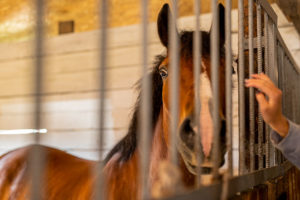
Your horse’s health status might call for a low-starch diet. Learn which conditions benefit from low starch levels and how to make the change.

Your horse came out of winter in good body condition. Find out how can you keep that trend going as the grass greens.

How can an owner help a ribby but successful racehorse gain weight, and what might be behind the filly’s body condition? Our source shares some thoughts.

You can’t just toss your equine athletes, seniors, youngsters, and retirees the same feed and call it a day.
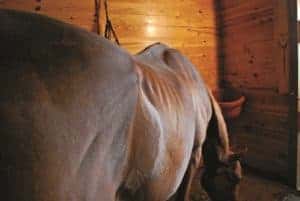
Learn how to determine if your horse is underweight and what feeding options are available for hard keepers.
Stay on top of the most recent Horse Health news with